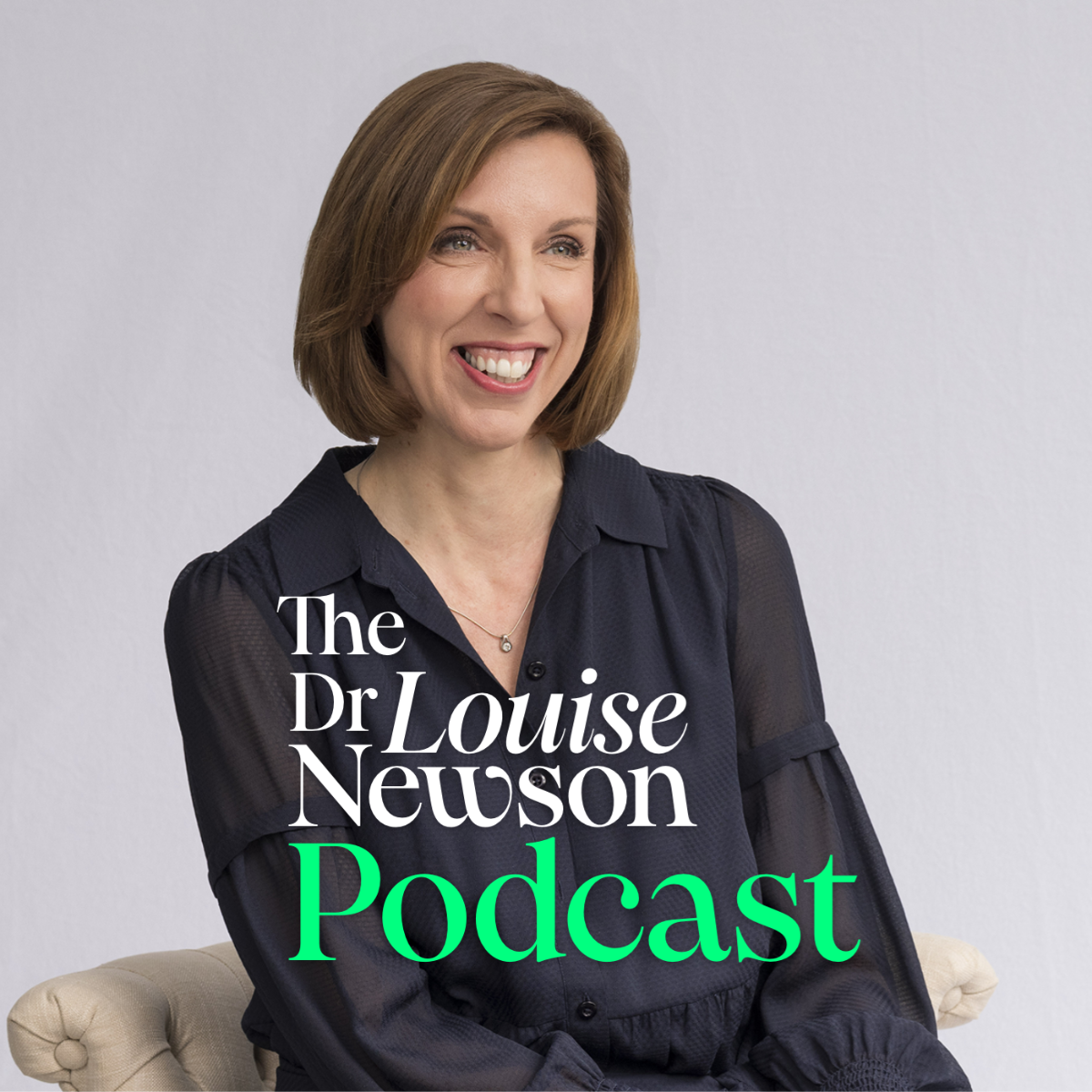Content advisory: contains themes of mental health and suicide
A new review has concluded there is evidence of an association between menopause and suicidality, particularly during perimenopause.
The review looked at 19 previous studies and found 16 of them (84%) confirmed the association, and that seven studies specifically noted the association of suicidality in perimenopausal women.
Fluctuations of progesterone, estradiol and testosterone during perimenopause and menopause can lead to a range of psychological symptoms such as mood swings, anxiety, low mood and depression.
Previous systematic reviews and meta-analyses exploring mental health issues during menopause have found that women are more vulnerable to both anxiety and depression. Yet despite this clear impact for a significant number of women, suicidality during menopause has received relatively little attention.
Suicide is a major public health concern, and in general, women are three times more likely to attempt suicide than men.
This new review highlighted that hormonal changes, pre-existing mental health conditions, physical symptoms, and limited social support are key factors associated with increased suicide risk. For instance, it highlights that early menopause and POI are unique risk factors for suicidality during menopause, even when depression or anxiety is not present.
The review confirmed that social isolation and lack of community or support increase suicide risk. Cultural influences, particularly societal attitudes towards menopause, play a role in increasing the risk of suicidality. In cultures where menopause is viewed negatively or stigmatised, women reported higher levels of suicidality.
In conclusion, the review highlights the importance of incorporating mental health screening into menopause care, which could help identify and support women at risk of suicidality.
Healthcare providers should be aware of the heightened risk of suicidality during menopause and actively assess for mental health symptoms such as depression, anxiety, and suicidal ideation.
The review indicates the need for a holistic approach to menopause care that includes medical treatment and making social support networks, including counselling services and peer support groups, available to those suffering from mental ill-health during menopause.
You can read the full view, which is published in Women’s Health, here.



%201.avif)










